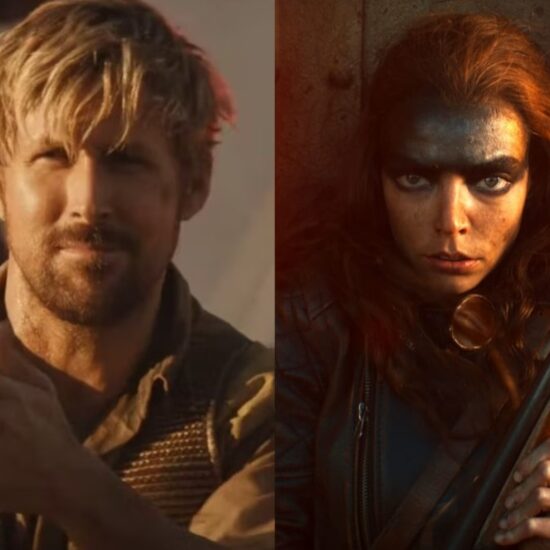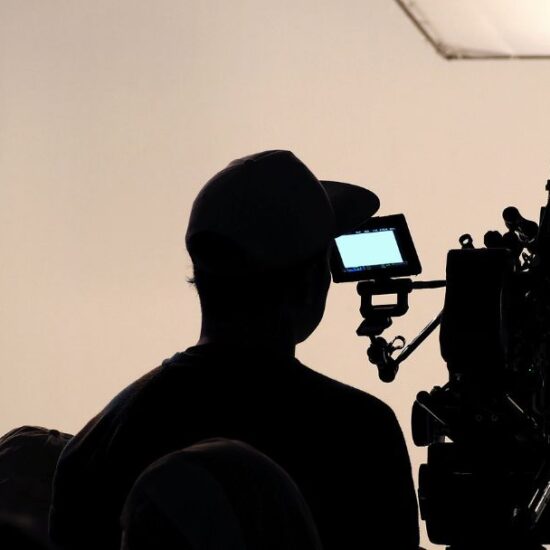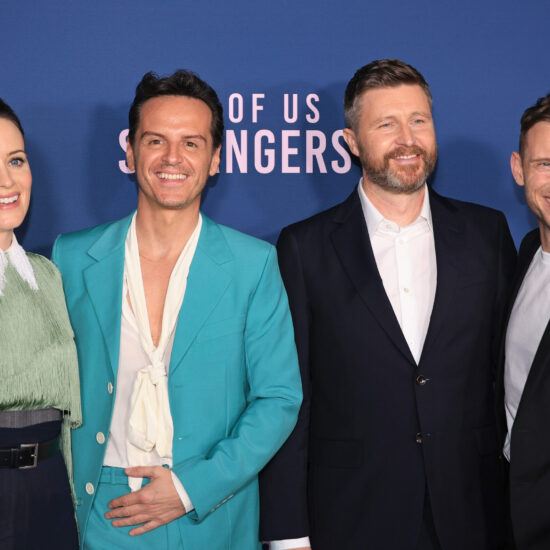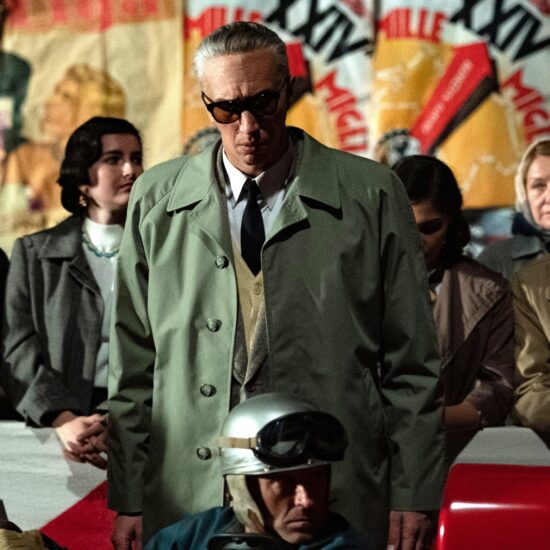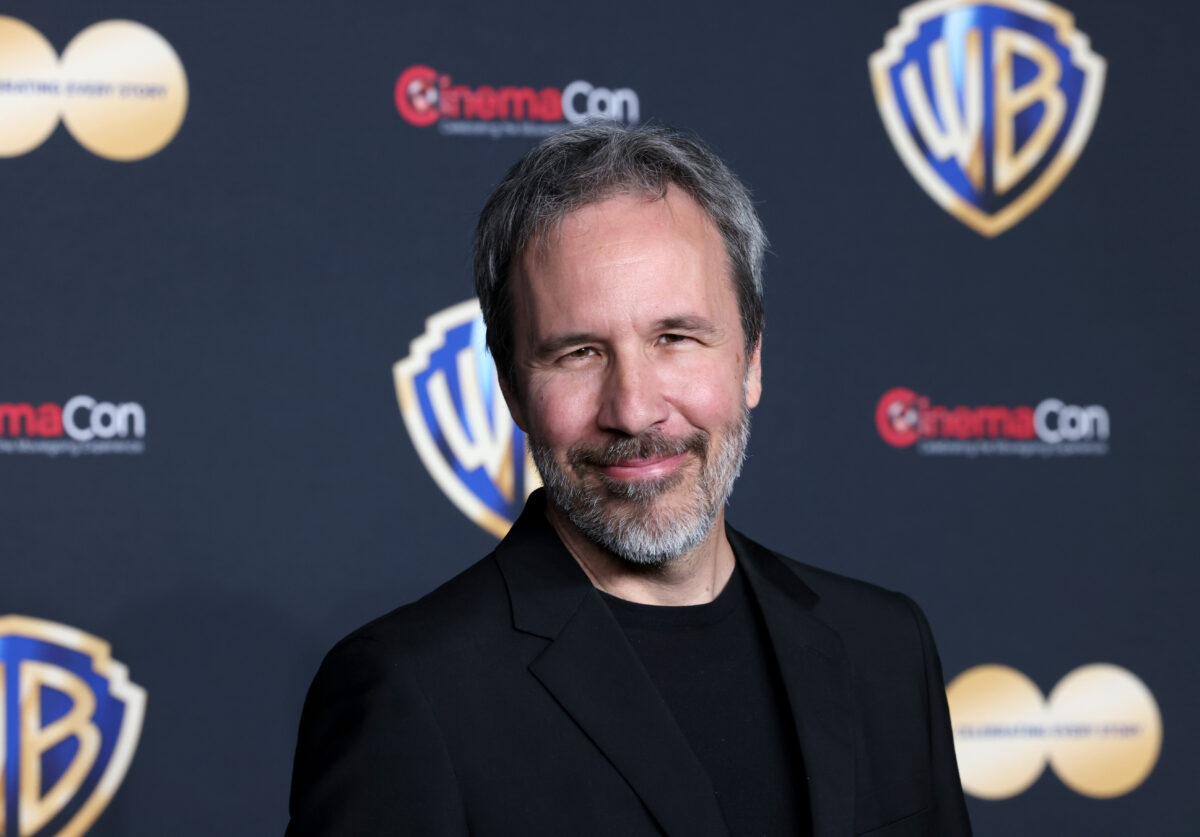
Denis Villeneuve has emerged as one of the most vocal proponents for the preservation of theatrical moviegoing in recent years. In addition to combining Hollywood spectacle with cerebral filmmaking with his star-studded “Dune” movies, he remains a passionate supporter of his fellow blockbuster auteurs.
As a believer in movie theaters as a communal experience, he has had a lot to celebrate this summer with the success of Christopher Nolan’s “Oppenheimer” and Greta Gerwig’s “Barbie.” In a new interview with the Associated Press, Villeneuve said that he always expected “Oppenheimer” to be a financial success. But he admits that the film’s massive box office haul has outpaced even his most optimistic predictions.
“Where it is right now has blown the roof off of my projection,” Villeneuve said of “Oppenheimer.” “It’s a three-hour movie about people talking about nuclear physics.”
Much of the success of “Oppenheimer” can be attributed to IMAX and 70mm film screenings, which offer fans an experience that is not possible to replicate through home viewing (and help distributors through higher ticket prices). Villeneuve said that he believes the use of large formats like IMAX to turn films into events represents a path forward for the film industry.
“The future of cinema is IMAX and the large formats,” he said. “The audience wants to see something that they cannot have at home, that they cannot have on streaming. They want to experience an event.”
While Villeneuve’s “Dune: Part Two” was initially scheduled to hit theaters this fall, it was delayed to 2024 amid a recent shuffling of Warner Bros.’ release calendar. But the Oscar nominee is already thinking ahead to future entries in his sci-fi franchise. He recently teased that he has begun to brainstorm ideas for a potential third “Dune” movie that would pull heavily from Frank Herbert’s follow-up novel “Dune Messiah.”
“If I succeed in making a trilogy, that would be the dream,” Villeneuve said. “’Dune Messiah’ was written in reaction to the fact that people perceived Paul Atreides as a hero. Which is not what he wanted to do. My adaptation is closer to his idea that it’s actually a warning.”










